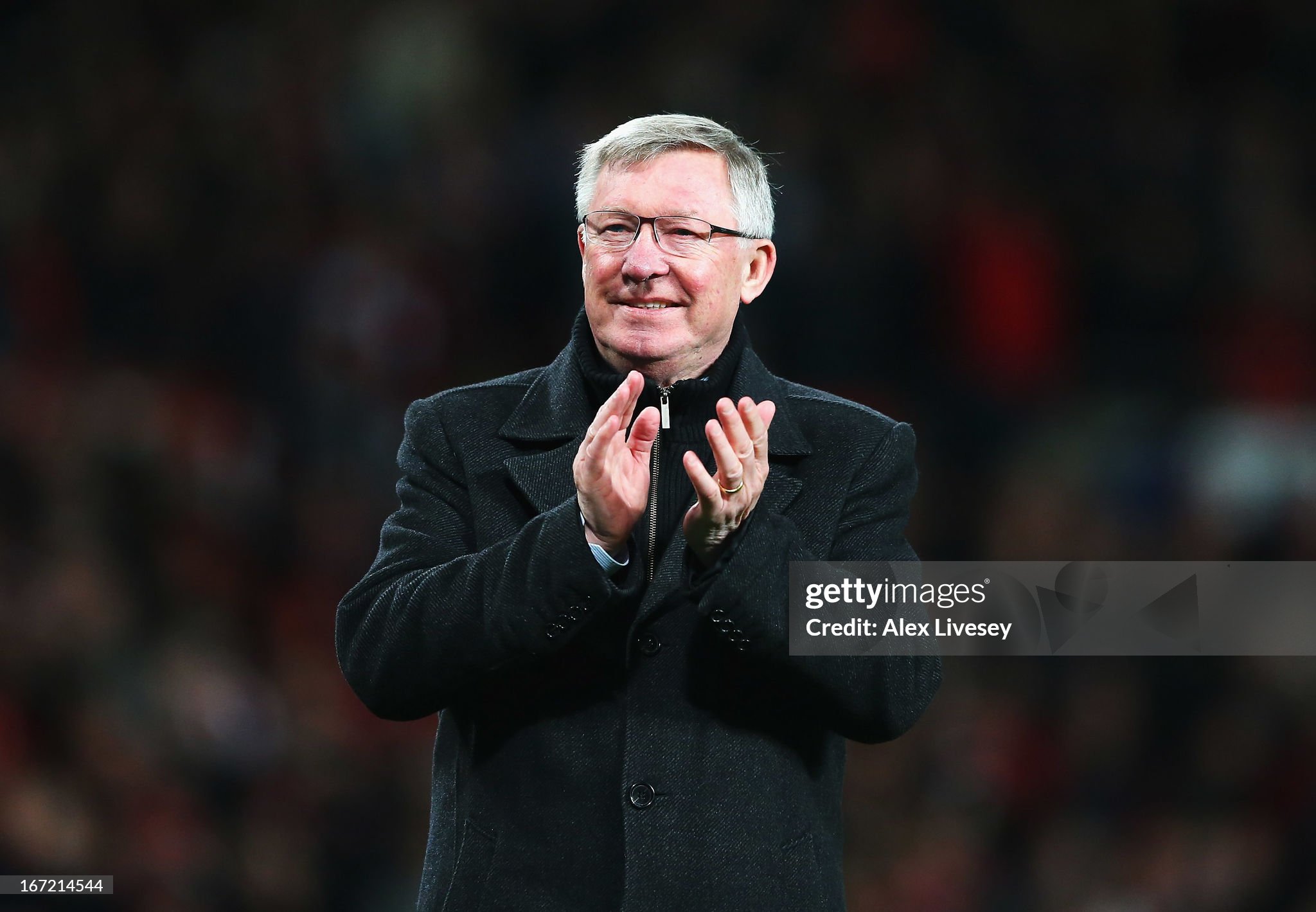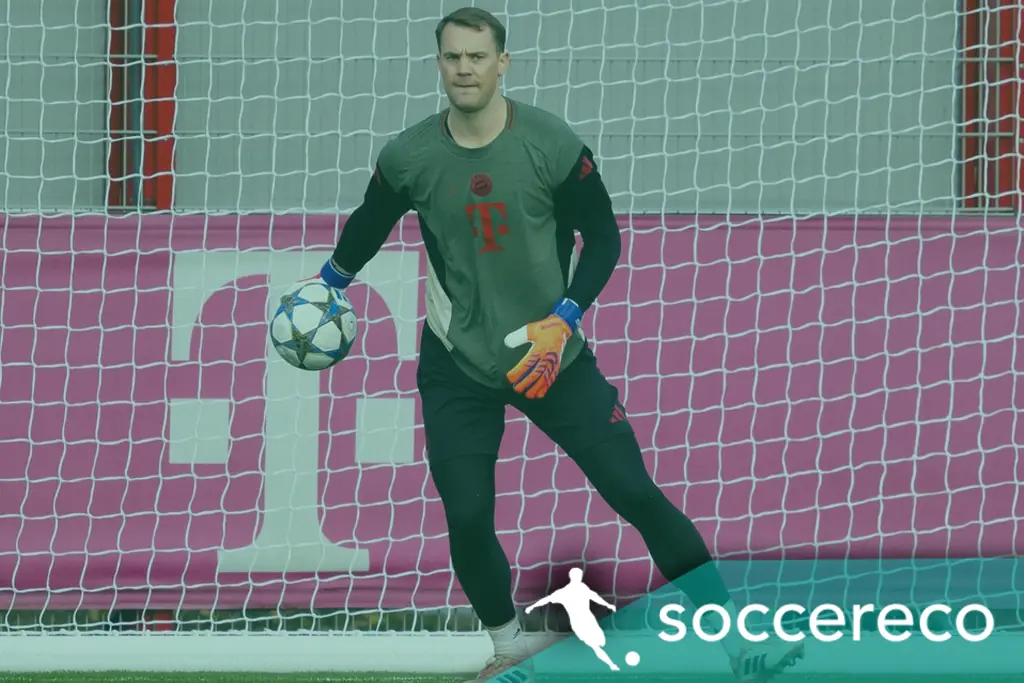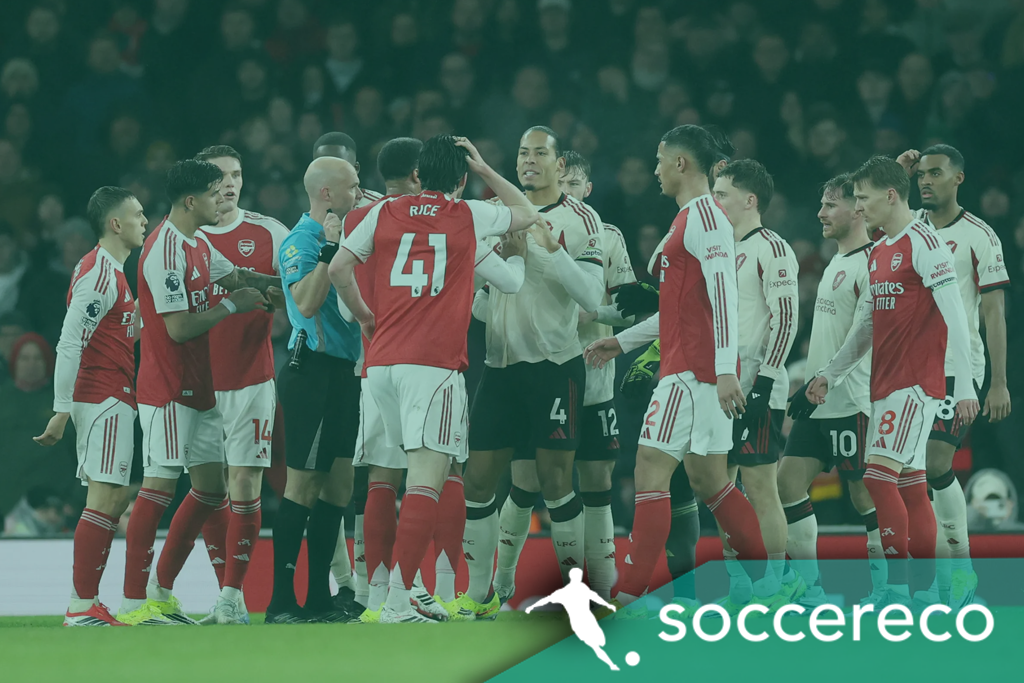Manchester United is going to terminate Sir Alex Ferguson's contract, according to The Athletic. The 82-year-old club legend was still active as an ambassador for The Mancunians and earned a substantial income from it, but that is coming to an end.

Ferguson retired in 2013 after 27 transformative years as Manchester United’s manager, a role in which he became synonymous with the club's success.
His tenure was marked by an unprecedented level of dominance, not only in English football but on the European stage as well. Ferguson's leadership saw Manchester United rise to become one of the world's most successful and valuable sports teams. His tactical genius and man-management skills turned the club into a powerhouse, winning 13 Premier League titles, 2 UEFA Champions League trophies, 5 FA Cups, 4 League Cups, and a variety of other domestic and international honors, bringing the total to 38 major trophies. His retirement left an enormous void at Old Trafford, and the club has struggled to replicate that level of success ever since.
To maintain his connection with the club after stepping down, Ferguson signed a prestigious contract as Manchester United's global ambassador. This role allowed him to continue representing the club on the world stage, attending high-profile events, charity functions, and other public appearances. It was a mutually beneficial arrangement, with Ferguson enjoying a significant income of £2.16 million annually, the equivalent of over €2.5 million, while Manchester United benefitted from his iconic presence and influence.
However, in recent months, Manchester United has undergone significant structural changes, particularly with the arrival of INEOS, the chemical company owned by billionaire Sir James Ratcliffe, as a minority stakeholder. Ratcliffe, a lifelong Manchester United fan, is known for his pragmatic and cost-conscious business approach. With his involvement, the club has begun to take a closer look at its financial operations in an effort to ensure long-term sustainability. As part of this new phase, Ratcliffe’s team has proposed a series of cost-saving measures, including the termination of Ferguson’s ambassadorial contract, a move that surprised many fans and observers.
It is reported that the decision to end Ferguson’s contract was made after careful deliberation. Ferguson, who is now 82 years old, was informed in a private meeting where the club explained the need to streamline expenditures. While this news was unexpected, it aligns with a broader strategy aimed at addressing the financial challenges that Manchester United faces. Despite his contract termination, Ferguson will not be severing ties entirely with the club. He will remain involved as a non-executive director, a role that allows him to contribute to certain high-level decisions without being involved in the club’s day-to-day operations. Additionally, Ferguson will still be welcome at Old Trafford, where his presence is sure to be appreciated by fans and players alike.
The decision to end Ferguson’s ambassadorial role is part of a wider effort by the club to cut costs, as Manchester United’s financial situation has come under increasing scrutiny. The club's financial struggles are no secret, particularly after the significant spending spree during the summer transfer window. Manchester United spent nearly €240 million on new players, including high-profile signings like Rasmus Højlund, Mason Mount, and André Onana. These investments were intended to reinforce the squad and challenge for major honors. However, the financial burden of such large expenditures has left the club with a deficit, reporting losses of €134 million.
The arrival of Sir James Ratcliffe and INEOS comes at a time when the club is seeking to strike a balance between remaining competitive on the field and ensuring financial stability off it. Ratcliffe’s involvement, although still a minority stake, brings a new era of fiscal responsibility. His influence is expected to shape the club’s future strategies, particularly in terms of managing costs and streamlining operations.
In addition to ending Ferguson’s contract, other cost-saving measures have been implemented across the club. Reports indicate that senior executives at Manchester United have had their corporate credit cards revoked, signaling a shift toward tighter financial controls. Moreover, the club’s annual Christmas party, a long-standing tradition for staff and players, has been canceled, further demonstrating the seriousness of the cost-cutting measures being put in place. These decisions, while unpopular in some quarters, reflect the need to reduce expenses and ensure that the club operates within its means.
Despite these cost-cutting efforts, Manchester United remains committed to competing at the highest level. The club’s ambitious transfer activity over the summer highlights its desire to reclaim its place among Europe’s elite. However, this ambition has to be carefully managed against the backdrop of financial pressures, particularly given the losses that the club has reported. Balancing the demands of success on the pitch with fiscal responsibility is a challenge that many top clubs face, and Manchester United is no exception.
The departure of Sir Alex Ferguson from his ambassadorial role also marks the end of an era for many Manchester United fans. Ferguson’s name is synonymous with the club’s greatest achievements, and his presence, even in a ceremonial capacity, was a reassuring reminder of the glory years. The decision to part ways with him in this role is symbolic of the changes taking place within the club as it seeks to evolve and adapt to the modern football landscape.
Nevertheless, Ferguson’s legacy at Manchester United is secure. As one of the most successful managers in the history of football, his impact on the club will be felt for generations to come. While his formal role as an ambassador may be coming to an end, his influence on Manchester United's culture, identity, and success will continue to resonate.
Moving forward, Manchester United will need to navigate this period of financial restructuring carefully. With the guidance of Ratcliffe and INEOS, the club hopes to find a sustainable path that allows it to remain competitive both domestically and internationally. The decision to cut costs is just one part of a larger strategy aimed at ensuring that Manchester United remains a force in world football, both on and off the pitch. For now, the focus will be on stabilizing the club’s finances while continuing to build a squad capable of challenging for major trophies.
The changes underway at Manchester United reflect the evolving nature of football as a business, where success is measured not only by results on the pitch but also by financial performance. Sir Alex Ferguson’s departure from his ambassadorial role is a reminder of the delicate balance that clubs must strike between honoring their past and preparing for the future.
Updated: 11:42, 15 Oct 2024








